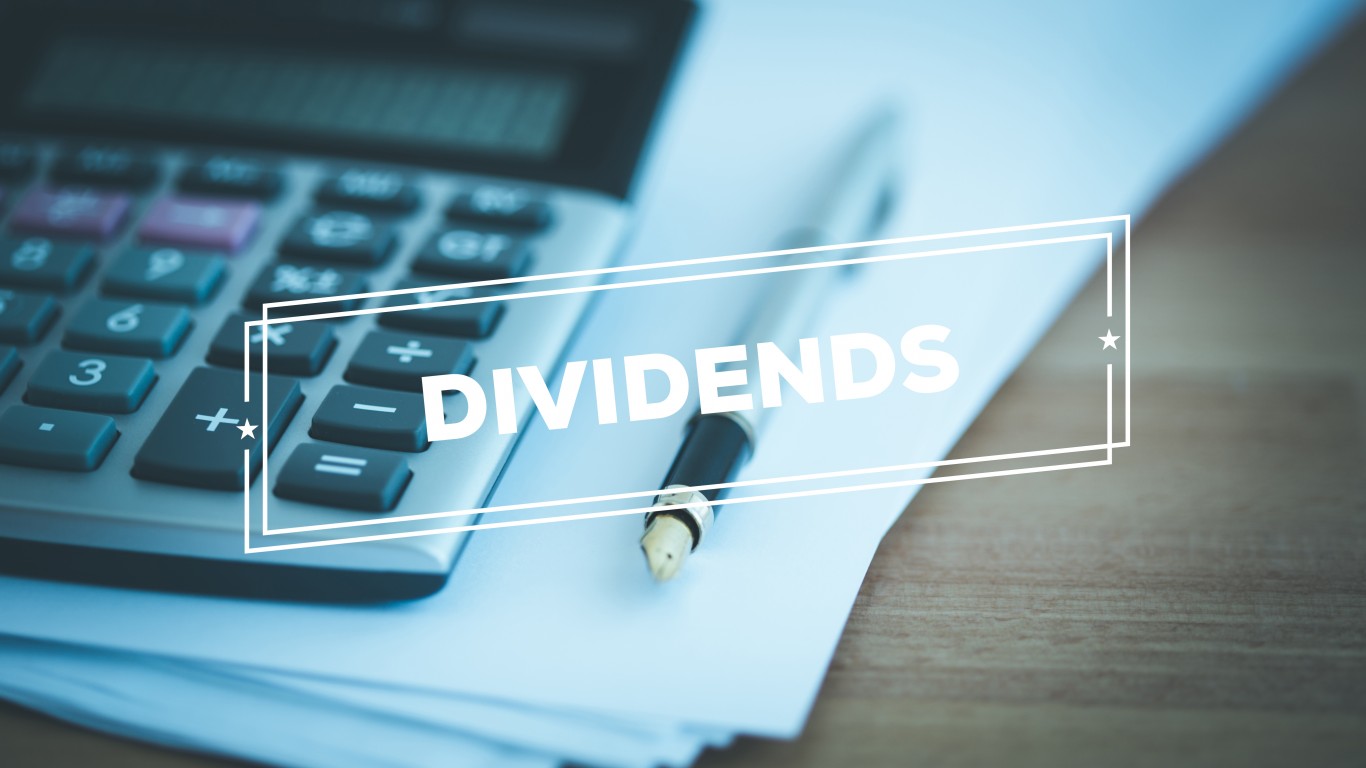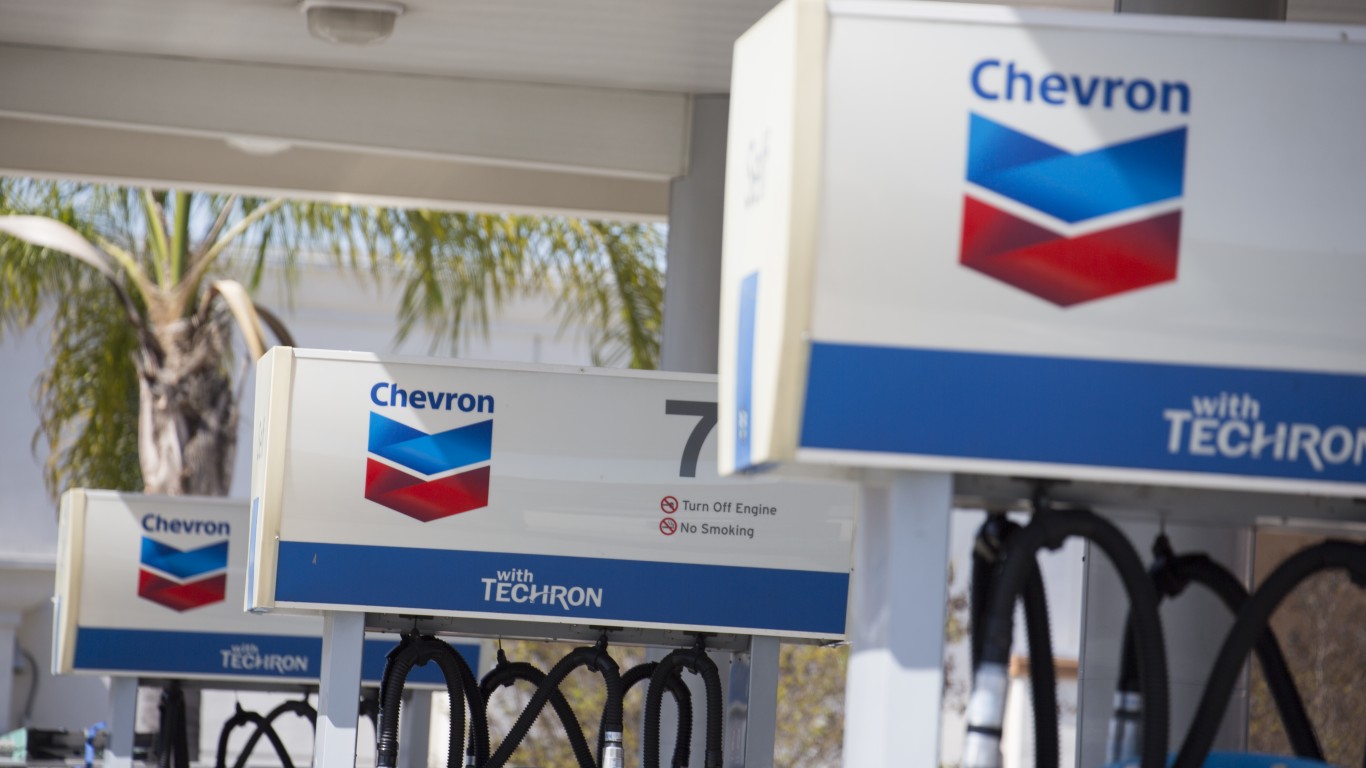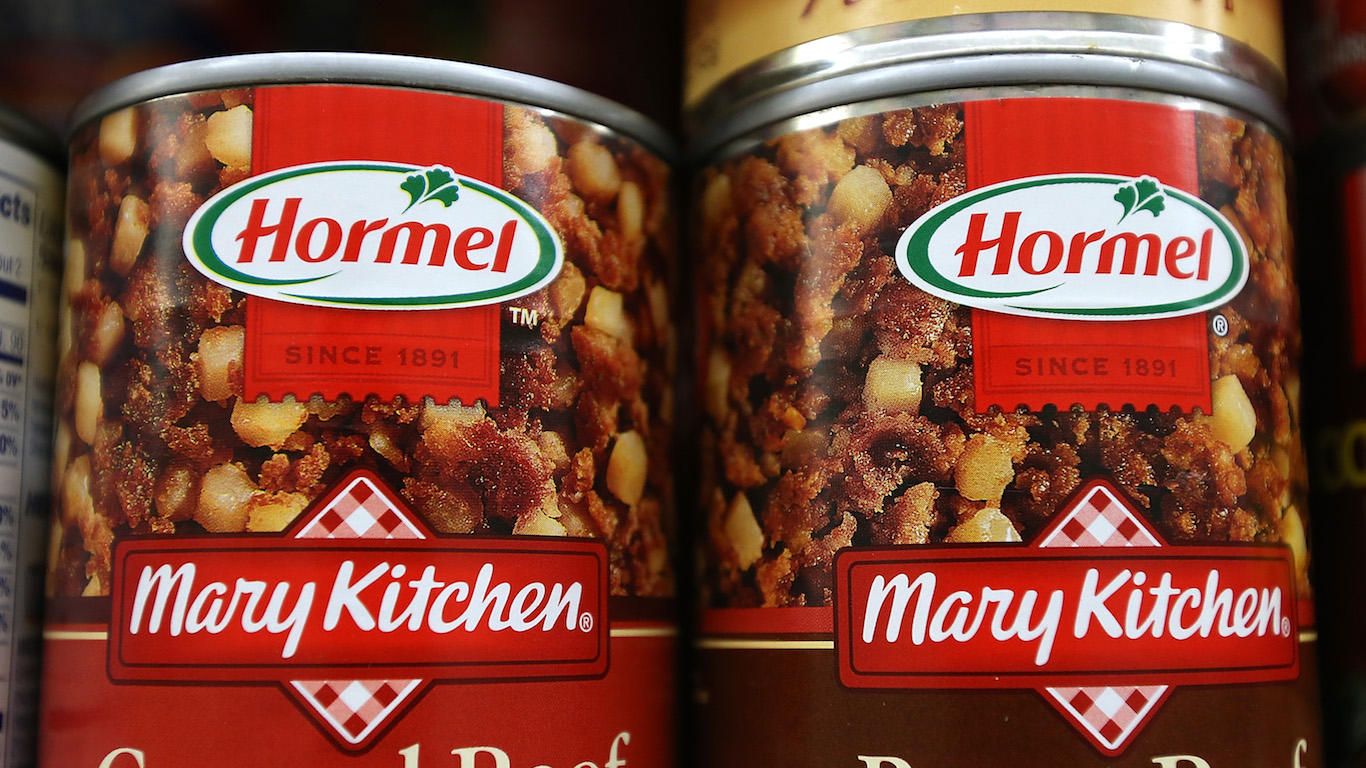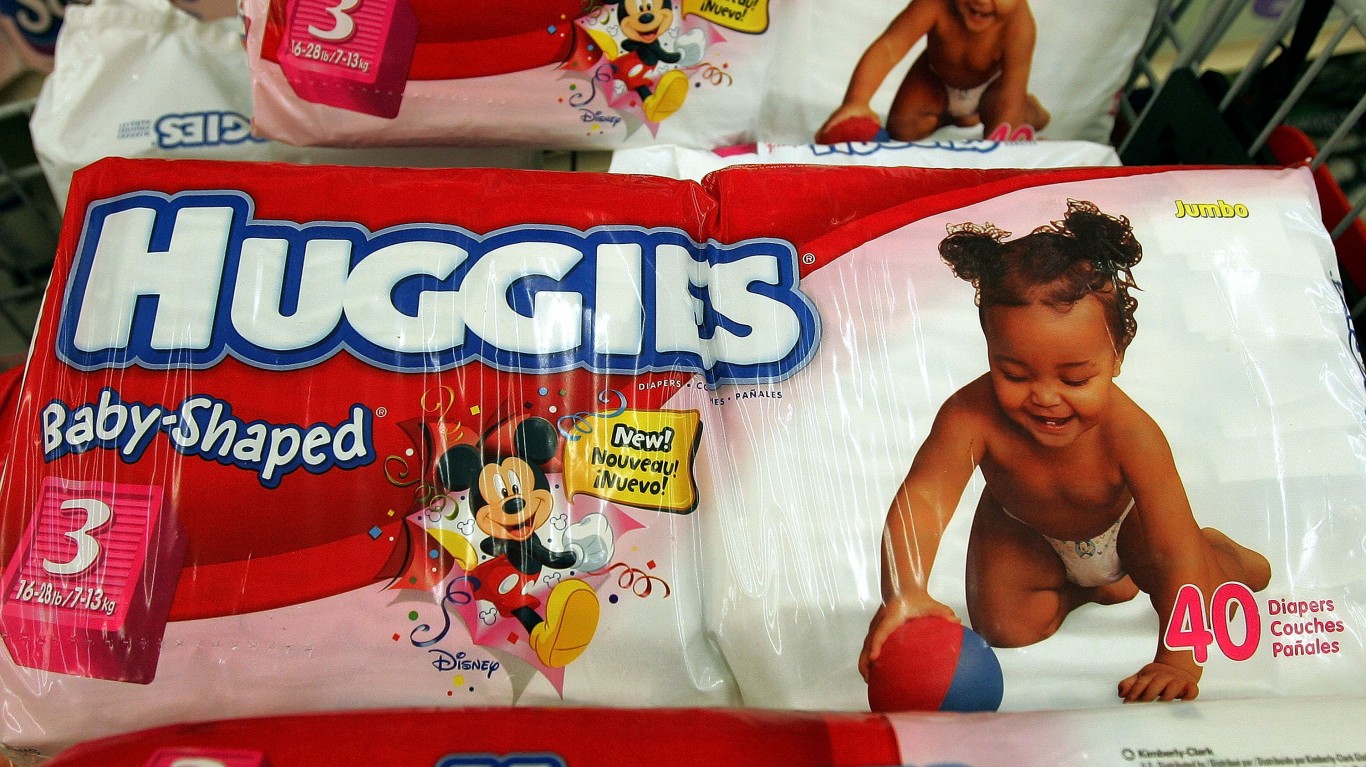Investing
5 Safe Dividend Aristocrat Favorites Can Survive a Fall Market Sell-Off

Published:

24/7 Wall St. Insights
Dividend stocks are a favorite among investors for good reason. They provide a steady income stream and offer a promising avenue for total return. Total return, a comprehensive measure of investment performance, encompasses interest, capital gains, dividends, and distributions realized over time.
At 247 Wall St., we consistently highlight the long-term potential of total return to our readers, as it is one of the most effective ways to boost the prospects of overall investing success. Once again, total return is the collective increase in a stock’s value plus dividends.
After nearly a two-year bull market run, the stock market is starting to wobble in September. As history tells us, since 1928, it has finished higher only 43% of the time, with an average decline of 1.2%. Currently, with the economy starting to slow down, the potential for the two wars now being fought to expand, and very contentious national and state elections just two months away, we could be on the verge of some significant selling.
Investors looking for defensive companies paying big dividends are drawn to the Dividend Aristocrats and with good reason. The 67 companies that made the cut for the 2024 S&P 500 Dividend Aristocrats list have increased dividends (not just remained the same) for 25 years straight. But the requirements go even further, with the following attributes also mandatory for membership:
We screened the list, looking for companies that could provide a safe haven in the event of a protracted and significant market sell-off. All five companies we picked have dividends that are classified as “very safe” and they should hold up better than overbought technology giants that have surged higher due to the artificial intelligence melt-up.

S&P 500 companies that have paid and raised their dividends for 25 years or longer are the kind that growth and income investors want to buy and hold in stock portfolios forever. These stocks are mostly conservative, and should we see a dramatic market correction, they will likely keep their ground much better than volatile technology names.

This integrated giant is a safer option for investors looking to position themselves in the energy sector, and it pays a rich 4.51% dividend. Chevron Corp. (NYSE: CVX) engages in integrated energy and chemicals operations worldwide through its subsidiaries. It operates in two segments.
The Upstream segment is involved in the following:
The Downstream segment engages in:
Chevron announced last fall that it has entered into a definitive agreement with Hess Corp. (NYSE: HES) to acquire all of the outstanding shares of Hess in an all-stock transaction valued at $53 billion, or $171 per share based on Chevron’s closing price on October 20, 2023. Under the terms of the agreement, Hess shareholders will receive 1.0250 shares of Chevron for each Hess share. The transaction’s total enterprise value, including debt, is $60 billion.

With a dependable 3.41% dividend and a host of well-known products, this is a very safe idea for investors now. Hormel Foods Corp. (NYSE: HRL) develops, processes, and distributes various meat, nuts, and other food products to retail, food service, deli, and commercial customers in the United States and internationally.
It operates through three segments:
The company provides various perishable products, including fresh meats, frozen items, refrigerated meal solutions, sausages, hams, guacamoles, and bacon; and shelf-stable products comprising canned luncheon meats, nut butter, snack nuts, chili, shelf-stable microwaveable meals, hash, stews, tortillas, salsas, tortilla chips, nutritional food supplements, and others.
It sells its products under these brands:

This consumer staples leader is a safe bet for nervous investors, paying a dependable 3.31% dividend. Kimberly Clark Corp. (NYSE: KMB) and its subsidiaries manufacture and market personal care and consumer tissue products worldwide. It operates through three segments.
The Personal Care segment offers a diverse range of products, including:
The Consumer Tissue segment provides facial and bathroom tissues, paper towels, napkins, and related products under the brand names:
The K-C Professional segment offers wipers, tissues, towels, apparel, soaps, and sanitizers under the Kleenex, Scott, WypAll, Kimtech, and KleenGuard brands.

This stock has been strong, but it is an outstanding way for investors looking to add an inflation-busting real estate position that pays a big 3.24% dividend. Essex Property Trust Inc. (NYSE: ESS), an S&P 500 company, is a fully integrated real estate investment trust (REIT) that acquires, develops, redevelops, and manages multifamily residential properties in selected West Coast markets.
Essex currently has ownership interests in 254 apartment communities comprising approximately 62,000 apartment homes with an additional 6 properties in various stages of active development.

This old-school utility stock offers income investors the stability and track record many seek now and a solid 3.21% dividend. Consolidated Edison Inc. (NYSE: ED), through its subsidiaries, engages in the regulated electric, gas, and steam delivery businesses in the United States.
It offers:
The company also supplies electricity to approximately 0.3 million customers in southeastern New York and northern New Jersey and gas to about 0.1 million customers in southeastern New York.
In addition, it operates:
Consolidated Edison owns, develops, and operates renewable and energy infrastructure projects, provides energy-related products and services to wholesale and retail customers, and invests in electric and gas transmission projects.
Five Dividend Kings Provide Perfect Passive Income Streams for Retirement
Start by taking a quick retirement quiz from SmartAsset that will match you with up to 3 financial advisors that serve your area and beyond in 5 minutes, or less.
Each advisor has been vetted by SmartAsset and is held to a fiduciary standard to act in your best interests.
Here’s how it works:
1. Answer SmartAsset advisor match quiz
2. Review your pre-screened matches at your leisure. Check out the advisors’ profiles.
3. Speak with advisors at no cost to you. Have an introductory call on the phone or introduction in person and choose whom to work with in the future
Thank you for reading! Have some feedback for us?
Contact the 24/7 Wall St. editorial team.